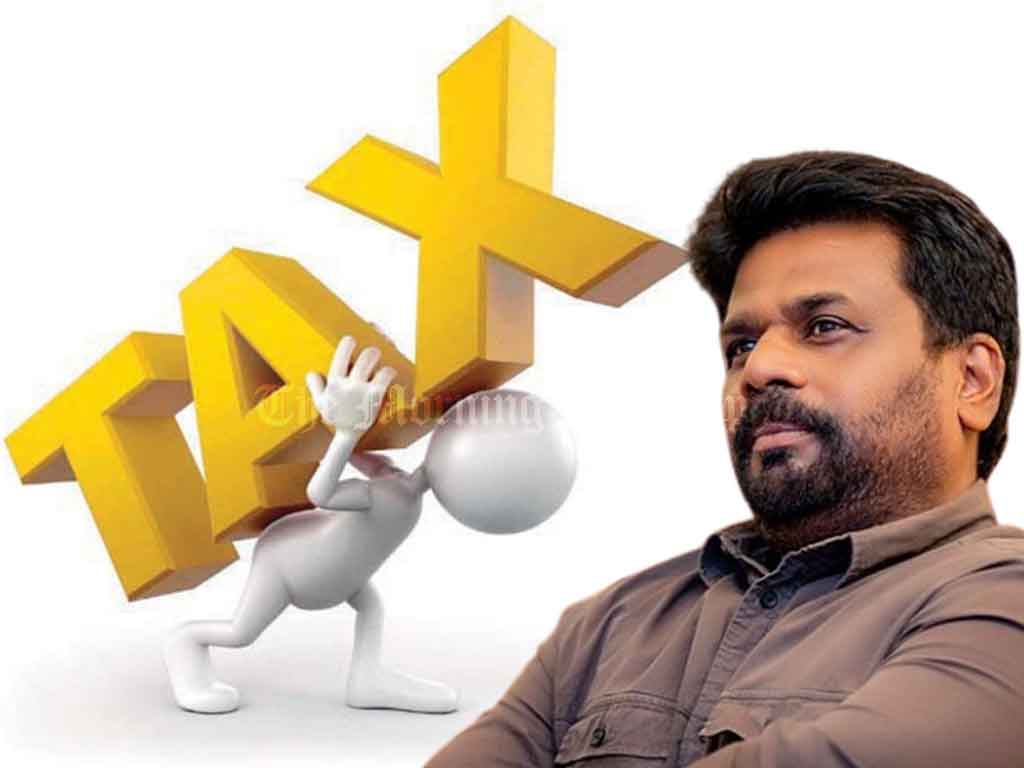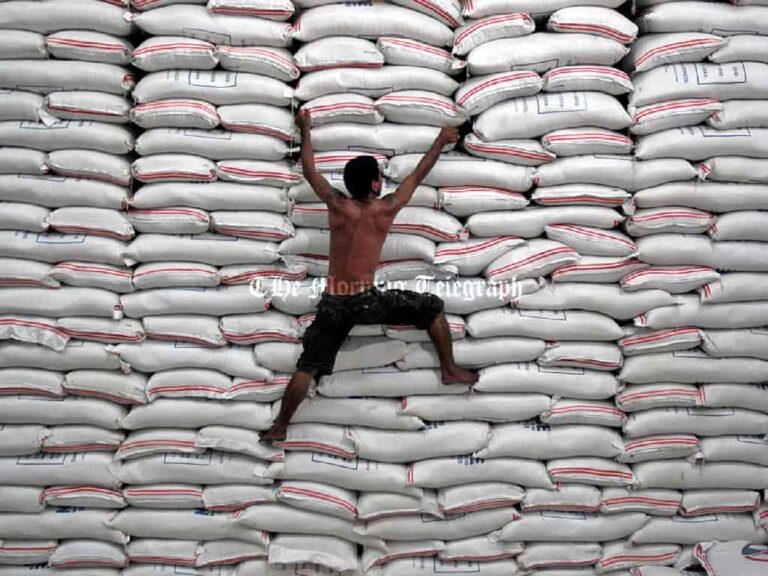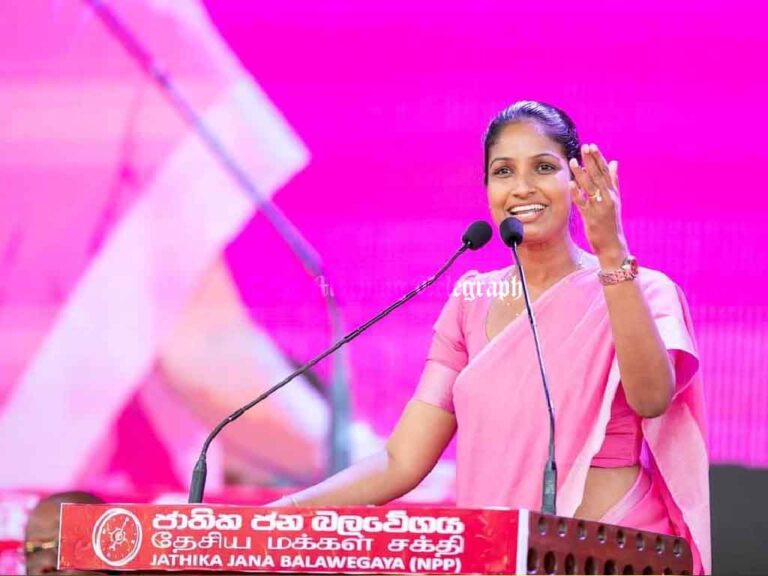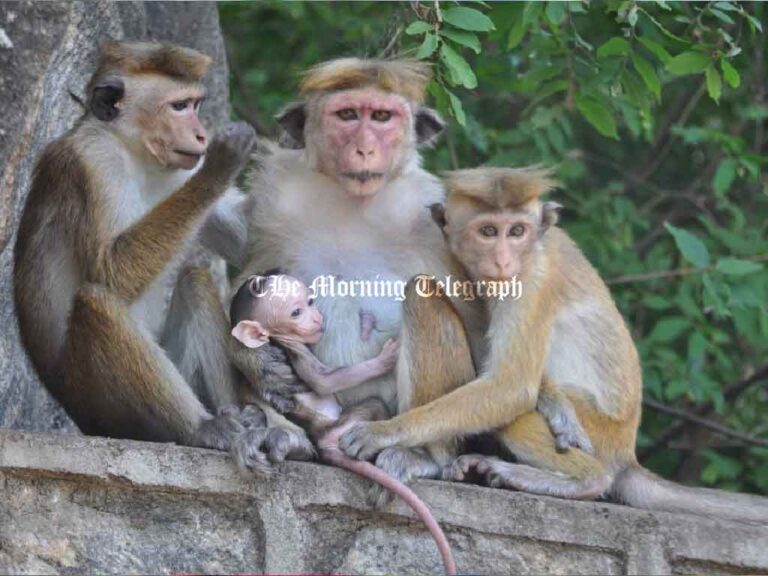
President Anura Dissanayake addressed Parliament today, providing an update on Sri Lanka’s debt restructuring process and outlining key economic reforms aimed at securing long-term financial stability for the country. Dissanayake confirmed that the government had reached an agreement with the International Monetary Fund (IMF) to revise the bond as it is earned, marking a crucial milestone in the nation’s economic recovery.
Debt Restructuring Progress and Economic Goals
In his address, Dissanayake discussed the steps taken to restructure Sri Lanka’s national debt, which includes a $12.55 billion debt restructuring, with $1.7 billion of defaulted debt also being addressed. He emphasized that a large portion of this debt, $11.5 billion, was accumulated during the period between 2015 and 2019, under the previous government. The president strongly criticized those offering hindsight advice, stating that had this guidance been provided earlier, the country might have avoided the financial crisis that unfolded in 2022-2023.
Looking ahead, Dissanayake set a target for Sri Lanka’s debt reduction, aiming to increase foreign reserves to $15.1 billion by 2028, thereby ensuring that the country avoids a repeat of the economic collapse that severely impacted the nation’s finances in the past few years. He stressed that the government is committed to long-term economic stability and will take necessary measures to avoid such a crisis in the future.
IMF Review Process and Proposed Reforms
Dissanayake also provided updates on the progress of the IMF’s reviews. The second review was completed successfully, and the second tranche of funding was released. However, the third review, which had been delayed due to election-related disruptions, commenced in November 2023. As part of the IMF’s recommendations, several key fiscal reforms were discussed, including:
- Imposing a property tax based on imputed interest income, which is expected to be implemented in 2025.
- Introducing a 30% corporate tax on service exports.
- Replacing the special commodity tax with VAT, which was used to protect local producers.
- Eliminating the simplified value-added tax (SST) and cess VAT by April 2025.
These measures are part of the government’s strategy to increase tax revenue and strengthen the nation’s fiscal position.
Tax Reforms and Support for Citizens
A significant part of the president’s speech was dedicated to the government’s tax reforms, particularly aimed at providing relief to lower- and middle-income earners. The government has decided to raise the Pay-As-You-Earn (PAYE) tax threshold for professionals such as doctors, university professors, and bank officials from Rs. 100,000 to Rs. 1.5 lakh per month. This change was made in response to concerns raised by professionals who feared the impact of the previous PAYE tax structure.
Additionally, the government has adjusted the personal income tax brackets, raising the first threshold from Rs. 600,000 to Rs. 1.5 million. The new structure means individuals earning Rs. 1.5 lakh per month will now be fully exempt from taxes, and those earning up to Rs. 2.5 lakh will benefit from significant tax relief. This shift is part of the government’s broader aim to provide more relief to low- and middle-income earners while maintaining a fair tax system.
The president also announced the exemption of VAT on yogurt and dairy products to help improve children’s nutritional needs. Furthermore, a proposal to reduce the 30% tax on service exports to 15% has been made to stimulate the export sector, which is essential for the country’s economic recovery.
Vehicle Import Market and Foreign Exchange
In his speech, Dissanayake outlined the government’s plan to gradually open Sri Lanka’s vehicle import market. While passenger buses and special-purpose vehicles were allowed for importation in December 2023, imports of personal vehicles will begin in February 2024. The government has been working closely with the Central Bank to assess the impact of this decision on foreign currency reserves, ensuring that the country does not face a dollar crisis due to increased vehicle imports. The president reassured the public that the gradual opening of the vehicle market is a necessary step to revive the economy without jeopardizing the country’s foreign exchange situation.
Support for Small and Medium Enterprises (SMEs) and Social Welfare
Dissanayake confirmed that the government would extend the Parata Law, which was due to expire on December 15, 2023, until March 31, 2025. This law provides essential relief to small and medium enterprises (SMEs) that are still recovering from the economic downturn. The president also announced that borrowers with loans between Rs. 25 million and Rs. 50 million in arrears would have the opportunity to restructure their debts with banks. For those with larger debts, restructuring options have been extended until June 2025.
In addition to business support, Dissanayake highlighted several social welfare initiatives aimed at helping vulnerable citizens. The president announced an increase in pension allowances by Rs. 3,000 from October 2023. He also confirmed that the fertilizer subsidy for farmers would be raised to Rs. 25,000 to support agricultural production and ensure food security.
A new initiative to provide a monthly allowance of Rs. 6,000 for needy schoolchildren was also introduced. This program aims to assist children who are unable to attend school due to financial constraints, ensuring that education remains accessible for all children in the country.
Financial Relief and Access to Banking Services
Addressing issues related to financial inclusion, Dissanayake noted that some citizens were unable to receive financial relief due to the lack of identity cards, which are required to open bank accounts. In response, the government decided to extend the deadline for opening bank accounts without an identity card, ensuring that those entitled to relief can access it. A dedicated unit will be set up at the Inland Revenue Department to help citizens clarify their tax status and resolve issues related to financial relief.
In conclusion, President Anura Dissanayake reiterated the government’s commitment to implementing essential economic and social reforms. He called on Parliament to support the upcoming budget, which will include further provisions for social welfare and economic stability. The president emphasized that the government is focused on stabilizing the economy, improving financial conditions, and securing a prosperous future for Sri Lanka.
Dissanayake’s speech outlined a roadmap for the country’s recovery, combining fiscal discipline, strategic economic openings, and social welfare measures. The president’s plans are designed to support vulnerable populations, foster economic growth, and restore Sri Lanka’s economic standing on the global stage.




